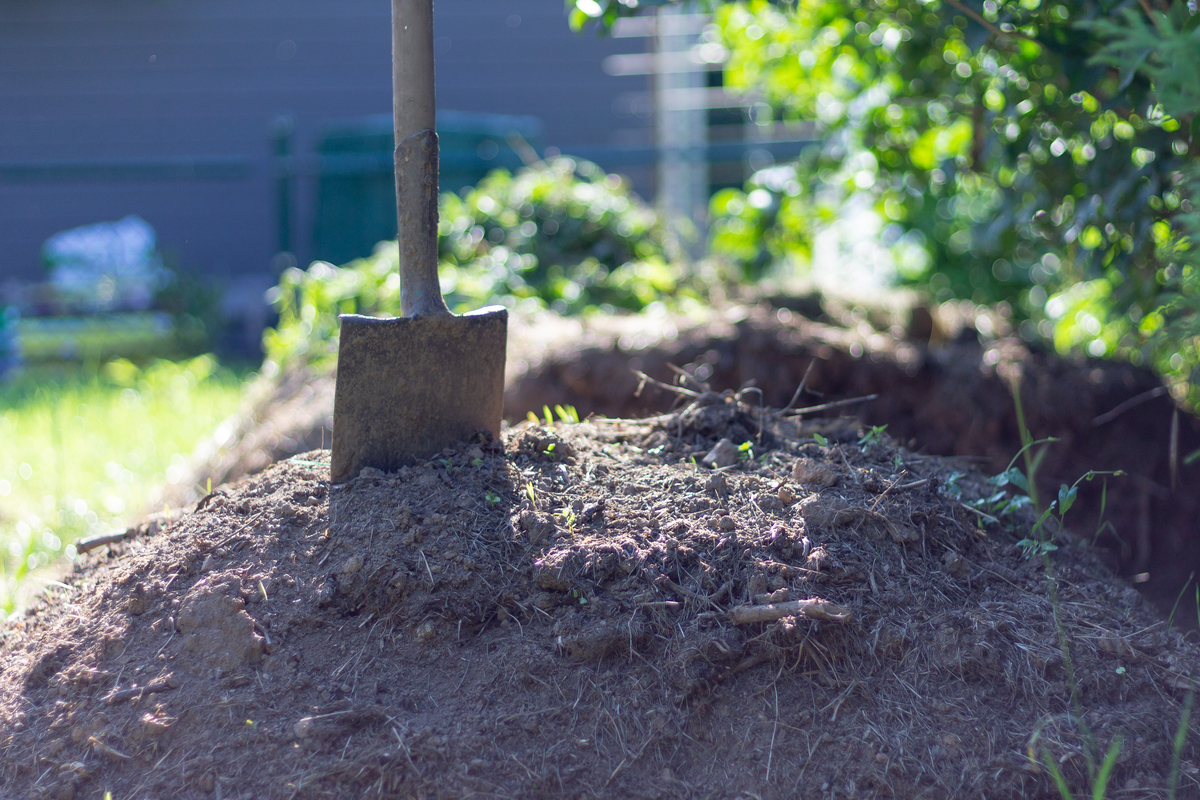People have been composting in one way or another for over a thousand years. The word compost actually has its origins in the Latin word “compostia,” meaning “something put together.” It’s common knowledge at this point that composting involves putting vegetable scraps and dirt into a box, possibly with worms, but if that’s all you know about it, here are some things to keep in mind should you decide to incorporate composting to your garden.
The pros and cons of composting
The positives for composting are that it is good for the environment, good for your garden, a useful skill to have, and a good way to teach children about decomposition and the nitrogen cycle or to learn about it yourself. Going out to the bin or pile can be a way to teach the value of hard work and the food chain, and it can also help build physical strength as you turn the compost with a shovel or rake. It increases the health of your plants and reduces food waste.
On the other hand, composting does take time, energy, and space. Composting can be challenging if you don’t produce a lot of food scraps, or if you aren’t able to spend time maintaining your bin or pile. Compost typically only smells like earth, but sometimes it smells pretty bad. If your compost starts smelling, not only does it take some time and effort to fix, but the smells can also linger. If your compost is near your house, that can become a problem. Plus, compost smells can also attract animals, especially if you add meat to your compost.
Should you have a compost bin?
Here are a few things to consider when deciding if you should start composting. How much compostable food scraps do you regularly produce? Compost needs organic matter, like vegetable or fruit peels, vegetable greens and tops, leftover vegetable bits, meat, grass clippings, and manure. Composting is wonderful, but if you don’t have anything to compost with, it’s just a box of dirt. You can scale your bin size to match the amount of food scraps you have, but you do want to make sure that you have enough material for a viable pile.
Think about how much time and energy you have to devote to a compost bin or pile. Starting the compost bin can require a lot of energy, depending on the size and location of your bin. If you’re busy, stressed, or ill, you can still compost, but take your needs into consideration. Start with a smaller bin, maybe an empty trash can rather than a large wooden construction, and make sure your bin is easily accessible. Smaller bins that are easily accessible are also the solution to space constraints. If you live in a small or shared space, or in a place where there is limited access to the outdoors, start with a small compost bin.
The most important question to ask yourself, though, is do you want to compost? If you do, then there is no reason why you shouldn’t have a bin. You can make a compost bin that fits with your life and needs. Even if it doesn’t look like the stereotypical platonic ideal of a compost bin, that doesn’t mean it won’t work. If you need a smaller bin, or a bin that’s made of unconventional materials, or a bin that opens sideways, then make your bin like that. On the flip side, if you don’t want to compost, don’t force yourself to do it. If the idea of composting makes you frustrated or makes you want to quit gardening, then don’t do it. There are other ways you can nourish your plants and other ways to reduce food waste.

Is composting good for the environment?
Composting is good for the environment on multiple levels. It’s good for your garden specifically, as it gives your plants a boost. It also reduces the amount of food waste you have and recycles nutrients back into the soil. Composting is a natural part of the nitrogen cycle, which we have harnessed for our own purposes. The reduction of food waste is actually one of the biggest benefits to the environment. Composting your food scraps instead of throwing them away decreases the amount of garbage you’re producing, which ultimately means you’re producing less greenhouse gases such as methane.
Composting can be as versatile as you want it to be. It’s good for the environment and your garden, and it can be good for you, too. Don’t stress over your soil, just start small!




